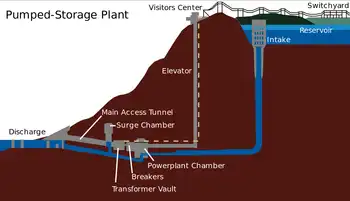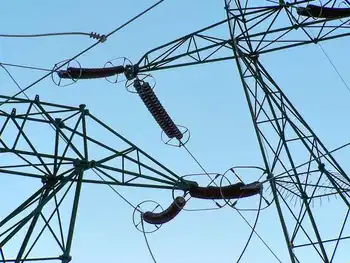More young Canadians would work in electricity… if they knew about it

High Voltage Maintenance Training Online
Our customized live online or in‑person group training can be delivered to your staff at your location.

- Live Online
- 12 hours Instructor-led
- Group Training Available
Generation Impact Report reveals how Canada's electricity sector can recruit Millennials and Gen Z, highlighting workforce gaps, career pathways, innovative projects, secure pay, and renewable energy opportunities to attract young talent nationwide.
Key Points
An EHRC survey on youth views of electricity careers and recruitment strategies to build a skilled workforce.
✅ Surveyed 1,500 Canadians aged 18-36 nationwide
✅ Highlights barriers: low awareness of sector roles
✅ Emphasizes fulfilling work, secure pay, innovation
Young Canadians make up far less of the electricity workforce than other sectors, says Electricity Human Resources Canada, as noted in an EHRC investment announcement that highlights sector priorities, and its latest report aims to answer the question “Why?”.
The report, “Generation Impact: Future Workforce Perspectives”, was based on a survey of 1500 respondents across Canada between the ages of 18 and 36. This cohort’s perspectives on the electricity sector were mostly Positive or Neutral, and that Millennial and Gen Z Canadians are largely open to considering careers in electricity, especially as initiatives such as a Nova Scotia energy training program expand access.
The biggest barrier is a knowledge gap in electrical safety that limits awareness of the opportunities available.
To an industry looking to develop a pipeline of young talent, “Generation Impact” reveals opportunities for recruitment; key factors that Millennial and Gen Z Canadians seek in their ideal careers include fulfilling work, secure pay and the chance to be involved in innovative projects, including specialized arc flash training in Vancouver opportunities that build expertise.
“The electricity sector is already home to the kinds of fulfilling and innovative careers that many in the Millennial and Gen Z cohorts are looking for,” said Michelle Branigan, CEO of EHRC. “Now it’s just a matter of communicating effectively about the opportunities and benefits, including leadership in worker safety initiatives, our sector can offer.”
“Engaging young workers in Canada’s electricity sector is critical for developing the resiliency and innovation needed to support the transformation of Canada’s energy future, especially as working from home drives up electricity bills and reshapes demand,” said Seamus O’Regan, Canada’s Minister of Natural Resources. “The insights of this report will help to position the sector competitively to leverage the talent and skills of young Canadians.”
“Generation Impact” was funded in part by the Government of Canada’s Student Work Placement Program and Natural Resources Canada’s Emerging Renewable Power Program, in a context of rising residential electricity use that underscores workforce needs.











